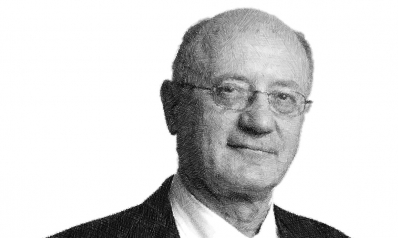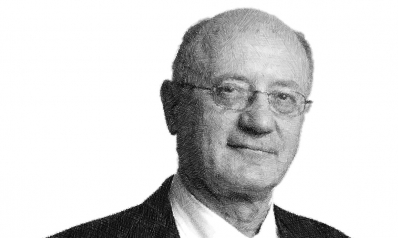Just the facts ma’am, Just the facts!
By Randy Cass
New research published by four finance professors, in their paper Indexing and Active Management Fund Management: International Evidence, demonstrates that Canada is the leader in a practise called ‘Closet Indexing.’ Although Canada’s mutual fund industry is consistently marketed as being actively managed; upon closer review almost 40 per cent of assets in equity mutual funds sold in Canada are in closet indexers1.
This means that while Canadian investors are paying for active management in the belief that a fund manager will do better than a passive index, almost half of what you get is similar to simply holding the passive index itself.
While holding a fund with a similar composition to, for example, the TSX is a solid investment strategy; it is disheartening to know that Canadians are paying some of the highest mutual fund fees in the world2 to hire managers to beat the market, but are instead being sold products that are simply ‘closet indexing.’
It’s when you combine those two discrete data points, high closet indexing and high fees, that it becomes clear we have a real problem at hand.
Why does the financial services industry keep pushing mutual funds?
It’s even more worrisome when we recognize that there are alternative products available. For example, exchange traded funds (or ETFs) are designed to return the benchmark or market returns, but are also vastly less expensive than mutual funds with fees up to 95 per cent lower depending on the asset class3. This means that lower-cost products exist that generally do the same as many mutual funds, but Canadians aren’t as likely to know about them because there’s no incentive to sell them. This is shown by the fact that for every dollar a Canadian has invested in ETFs, they have around $14 dollars invested in mutual fund products that charge, on average, fees that are 2 per cent higher each year. A skeptic would suggest that Canadians aren’t informed about ETFs because they don’t embed a commission or trailer fee of 1 per cent as many mutual funds typically do.
If you think about what a 2 per cent reduction in fees can do for a typical investor over the course of their investment period, you’ll see why it’s critical that Canadians are made more aware of financial products with lower fees. Reducing fees by 2 per cent on a $200,000 portfolio over 25 years may mean that your savings at retirement are $300,000 more and your money stays in your pockets instead of the industry’s coffers4.
The good news is that the industry is slowly changing and investors looking to hold ETFs no longer have to go at it on their own and take sole responsibility for investing their family’s savings. There are now online portfolio managers (robo or digital advisors) that combine a real human portfolio manager, a fiduciary responsibility to do what’s in an investor’s best interest, and smart technology to provide portfolio management using exclusively low cost ETFs. For every penny an investor saves on product fees, more than a penny is earned in long-term returns.
So I’d like to leave you with a question.
Knowing what you now know, what will you do next? A rational investor understands that presented with new information and given a choice between two products that do essentially the same thing (in this case, generate market returns) the individual would be vastly better served by choosing the one that is less expensive to purchase and hold.
I think it’s time for Canadians to be presented with all the information they need to become rational investors and stop trusting their savings to an industry that has not yet been able to demonstrate it has the average investor's best interests at heart.
Randy Cass is the founder of Nest Wealth (nestwealth.com), with more than 15 years experience in the financial services industry. Previously Randy managed quantitative portfolios at the Ontario Teachers’ Pension Plan and institutional assets at Orchard Asset Management. His previous company, First Coverage, won multiple awards as a top start-up including a financial services Morningstar award for best use of Technology in Canada before it was ultimately sold in 2011. Randy hosted Market Sense on BNN between 2012 and 2014.
This post was originally published at ETF World Magazine Canada















